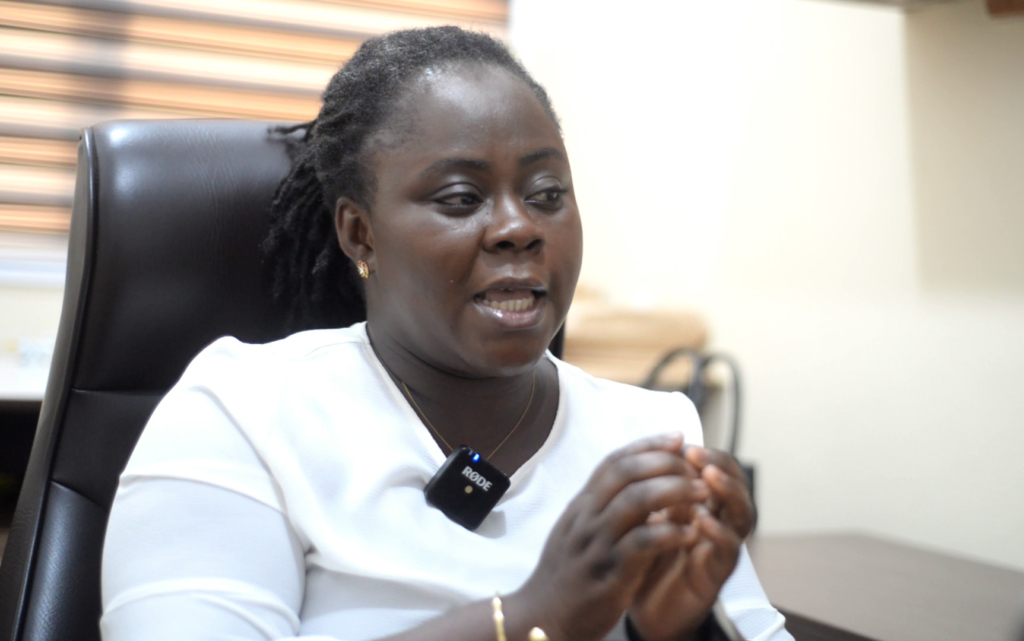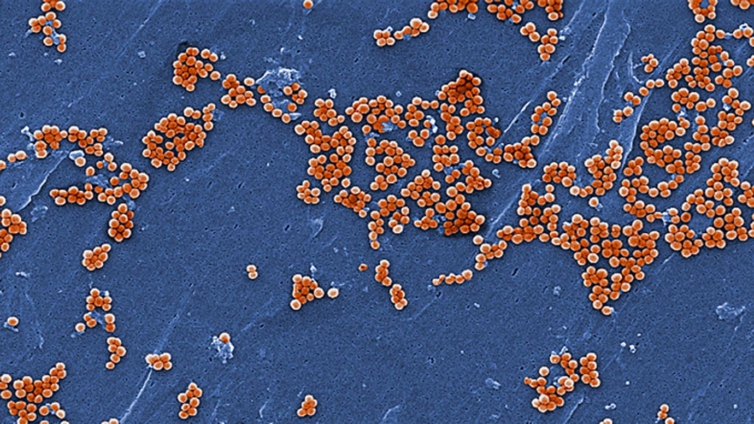Dirty currency notes are reservoirs of germs resistant to antimicrobials, warns scientists at the Kwame Nkrumah University of Science and Technology (KNUST).
The researchers from the Department of Theoretical and Applied Biology have found species of Methicillin-Resistant Staphylococcus aureus (MRSA), a group of bacteria responsible for diseases ranging from boils to pneumonia on the notes.
Staphylococcus aureus or “Staph” is a type of bacteria commonly found on people’s skin and nose.
Staph bacteria are usually harmless, but they can cause serious infections that can lead to death especially in people with weakened immune system.
Methicillin-resistant Staphylococcus aureus (MRSA) causes staph infection that is difficult to treat because of resistance to key antibiotics.
Staph infection, including those caused by MRSA, can spread in hospitals, healthcare facilities, and especially every part of the community, and has therefore become a public health concern.
The research sought to find the frequency of MRSA on circulating currency notes in the Kumasi metropolis.
“Currency notes become easily dirty a few months after they are released. We wanted to have a look at what these currency notes are carrying,” one of the lead researchers, Dr. Linda Aurelia Ofori explains the aim of the research.

For the study, the researchers obtained 120 banknotes from 10 units, and analyzed them in the laboratory.
“We tried putting the monies in clusters. All monies from commercial drivers in one group, those serving raw meat and fish in one cluster, public toilets, etc. Each note in each cluster was treated as a unit so that we don’t influence the type and number of bacteria we find on one by another, and we used the bank of Ghana mint notes as control,” Dr. Linda explains.
The full study yet to be published, found six MRSA strains out of the "17-coagulase positive Staph on all notes collected and showing resistance to beta-lactam antibiotics such as cefoxitin."
Interestingly, higher loads of the bacteria were identified among lower denominations.
Dr. Linda advises traders especially to desist from counting money using saliva.
She says keeping monies clean and dry and disinfecting the hands are likely to ward off these infections.
“Microorganisms generally love lots of moisture. Counting monies with saliva is not a good practice.
“We should try to keep our money well in dry places to make sure these organisms can’t grow on them.
“We should find a way of constantly washing and disinfecting our hands when we handle money,” she said.
She also wants the bank of Ghana to find ways of disinfecting old and dirty notes before re-circulating.
Latest Stories
-
Foreign investors’ debt holdings fall to GH₵13.4bn in 2024 – Report
45 minutes -
Huge crowds gather in Israel calling for hostage deal and end to Gaza war
2 hours -
More than 200 missing in flood-hit district in Pakistan, official says
3 hours -
Putin agreed to ‘robust’ security guarantees for Ukraine, says US envoy
3 hours -
One arrested in Mpohor gold shop robbery, manhunt launched for accomplices
3 hours -
Asantehene marks ‘Kuntunkuni Dae’ in black and brown without ornaments
4 hours -
Barker-Vormawor criticises GTEC over professorial title controversy
5 hours -
Alan Kyerematen unveils 10-point action plan to end galamsey after helicopter tragedy
7 hours -
Mahama embarks on official visits to Japan and Singapore
8 hours -
Families of late Omane Boamah and Peter Anala receive blessings at thanksgiving mass
8 hours -
Palestinians flee IDF attacks on Gaza City as Israelis protest against occupation plan
11 hours -
Loyalty programmes in Ghana: The next frontier in customer retention
13 hours -
Bright Atter: “No refunds” by retailers is just a scarecrow
13 hours -
Stop using ‘unearned’ academic title or face us in court – GTEC writes to Chief of Staff on Deputy Minister of Health Grace Ayensu-Danquah’s title
13 hours -
Central Regional Police hunt armed robbers after foiled bank attack
13 hours

